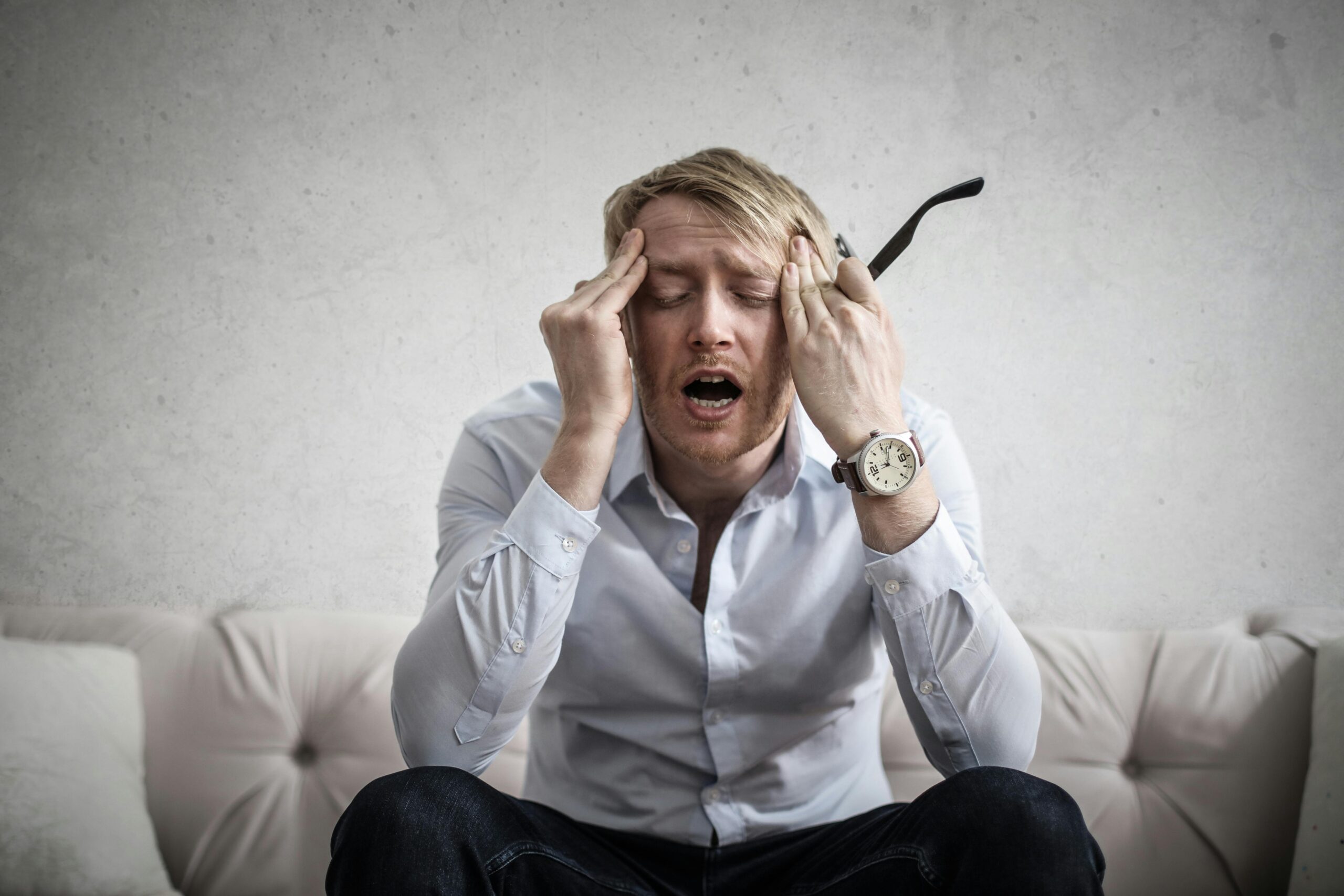Introduction
Sleep deprivation significantly impairs various cognitive functions, including self-control. Understanding how sleep deprivation affects self-control is crucial for improving daily functioning and mental health. This article delves into the general effects of sleep deprivation on self-control, highlighting emotional regulation, behavioral impacts, and physiological mechanisms.
General Effects on Self-Control
Research indicates that sleep deprivation depletes self-control resources, making individuals more susceptible to impulsive desires and poor decision-making. Pilcher et al. (2015) found that even moderate sleep deprivation can lead to a noticeable decline in self-regulatory capacities. This depletion of self-control resources manifests in increased impulsivity and a reduced ability to resist temptations, leading to behaviors that might be detrimental in both personal and professional contexts.
Emotional Regulation and Impulse Control
Sleep-deprived individuals exhibit altered brain activity in areas associated with self-control and emotional regulation. Dorrian et al. (2019) showed that lack of sleep affects the prefrontal cortex, which is crucial for impulse control and emotional regulation. This impairment leads to increased impulsivity and difficulties in managing emotions effectively. The resulting emotional dysregulation can cause heightened reactivity to stressors and a tendency toward emotional outbursts.
Behavioral and Cognitive Impacts
Sleep deprivation significantly reduces perceived emotional intelligence, stress management skills, and constructive thinking abilities, all of which are essential for self-control. Killgore et al. (2008) demonstrated that sleep-deprived individuals struggle with recognizing and managing their emotions, which compromises their self-control. Additionally, Talbot et al. (2010) found that sleep deprivation leads to increased negative affect and emotional disinhibition, further impairing self-regulation and decision-making abilities.
Physiological and Psychological Mechanisms
The relationship between sleep deprivation and self-control difficulties is mediated by increased stress levels. Hisler et al. (2018) highlighted that sleep deprivation elevates cortisol levels, exacerbating stress responses. This heightened stress interferes with self-regulatory processes, making it harder for individuals to exert control over their actions and decisions.
Moreover, sleep deprivation causes a shift from goal-directed behaviors to habitual actions. Chen et al. (2017) found that sleep-deprived individuals rely more on automatic behaviors rather than adaptive decision-making processes. This reliance on habitual responses over thoughtful actions undermines effective self-control and adaptive functioning.
Specific Behavioral Outcomes
The impact of sleep deprivation on self-control extends to specific behaviors such as delinquency and thought suppression. Meldrum et al. (2015) linked sleep deprivation to increased delinquent behavior, emphasizing how impaired self-control contributes to poor decision-making and risky behaviors. Furthermore, Harrington et al. (2019) observed that sleep-deprived individuals struggle with suppressing unwanted thoughts, leading to emotional instability and compromised self-control.
Conclusion
The impact of sleep deprivation on self-control is profound, affecting various cognitive, emotional, and behavioral domains. From increased impulsivity and emotional dysregulation to reliance on habitual behaviors, sleep deprivation significantly undermines self-regulatory capacities. Understanding these effects highlights the importance of prioritizing adequate sleep for maintaining optimal cognitive functioning and mental health. By addressing sleep issues, individuals can improve their self-control, decision-making, and overall well-being.
Resources
Interactions between sleep habits and self-control
Chapter 4 – Self-regulation and social behavior during sleep deprivation
Sleep deprivation reduces perceived emotional intelligence and constructive thinking skills
Sleep deprivation in adolescents and adults: Changes in affect.
Does Stress Explain the Effect of Sleep on Self-Control Difficulties? A Month-Long Daily Diary Study
Sleep Deprivation Promotes Habitual Control over Goal-Directed Control: Behavioral and Neuroimaging Evidence
Sleep Deprivation, Low Self-Control, and Delinquency: A Test of the Strength Model of Self-Control
Losing Control: Sleep Deprivation Impairs the Suppression of Unwanted Thoughts

Leave a Reply